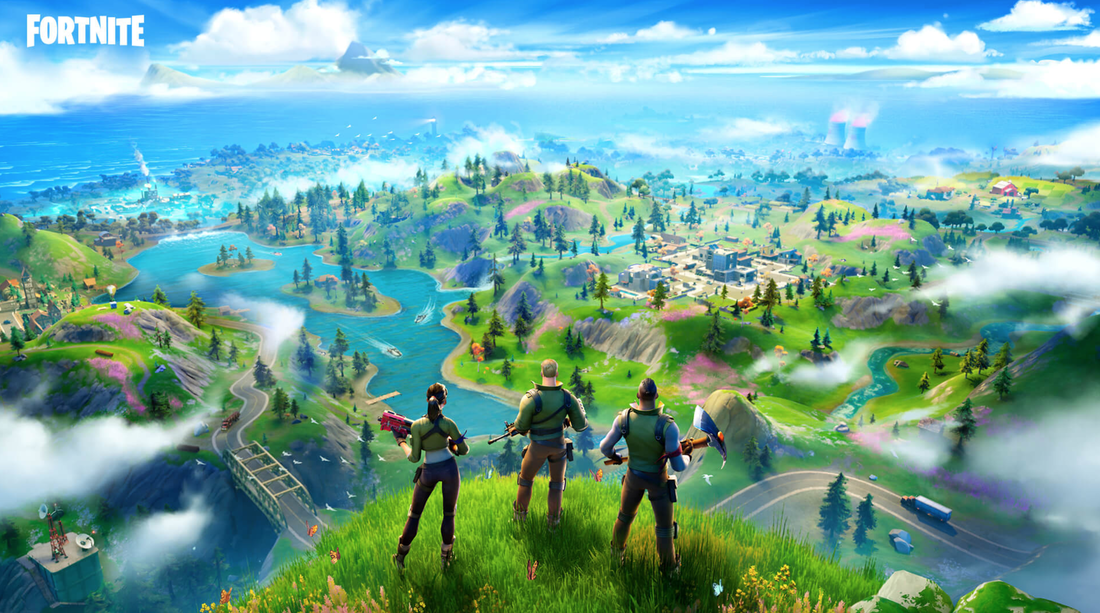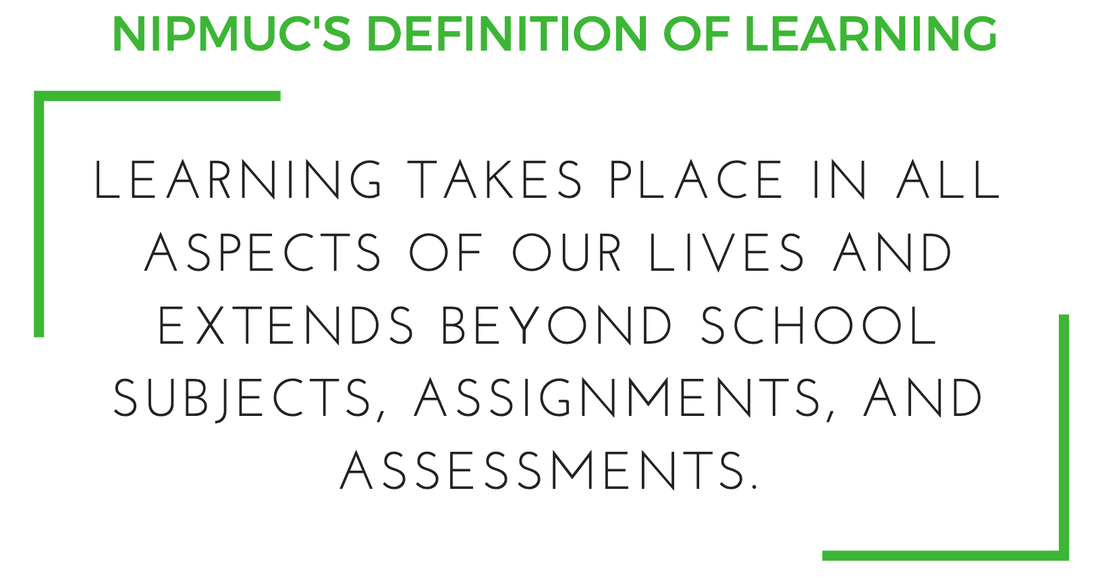THE INSPIRED
|
|
My wife and I waited until our boys were 13 and 11 years old before allowing them to have an Xbox. Even though they were the last of their friends to get a gaming system, it still seemed early to us. I’d heard tales of gaming addiction, in particular stories of how kids can spend hours upon hours playing Fortnite, losing track of time, and squandering beautiful sunny days in favor of video games. When we changed our minds, we did so cautiously and mostly because we knew that without a gaming system, they were being closed out of opportunities to socialize and connect with their friends. Even still, the Xbox came with some guidelines, and we needed a “family meeting” before allowing them to begin playing Fortnite.
Over the quarantine, I watched from the background as they began playing this game that I had heard so much about. To my surprise, I’ve come to see the game not as a threat to my kids but as one of the most powerful learning experiences they’ve had. And, watching them at play has led to some learning of my own. What they’ve learned.
How they’ve learned.
As an educator, I’ve often heard students and parents talk about how video games can consume students time and attention, how it is challenging to set reasonable limits, and how gaming can get in the way of a healthy lifestyle. To be clear, I also share these worries and I still have reservations about the game. I am ever-aware of the amount of time that they are “boxing”. Beyond that, I wonder about the impact of violent video games on their mindset - even in the muted version portrayed in Fortnite. I remain cautious and can’t shake the worry of a latent, cumulative, and potentially negative impact of gaming on kids’ world view, ambition, creativity, or some other vulnerability. I’m not advocating for gaming; that’s not what this post is about. I’m simply noticing a phenomenon that surprised me. In recent years, I’ve dedicated hours and energy and creative thought to guiding my own school community’s “definition of learning”. Through that work, we’ve created a powerful statement of what learning is and what it isn’t including:
As I watch my kids play and explore and collaborate in this digital platform, I can’t help but notice that this is learning and wonder if the work they are completing and submitting each day in school will stick with them as much as the lessons learned while playing. |
Click above to share a practice that promotes student agency, ignites students' passions, or creates a bridge between classrooms & the real world.
Click above to nominate an educator to be celebrated by the Inspired Learning Project.
Archives
November 2020
Categories |



 RSS Feed
RSS Feed